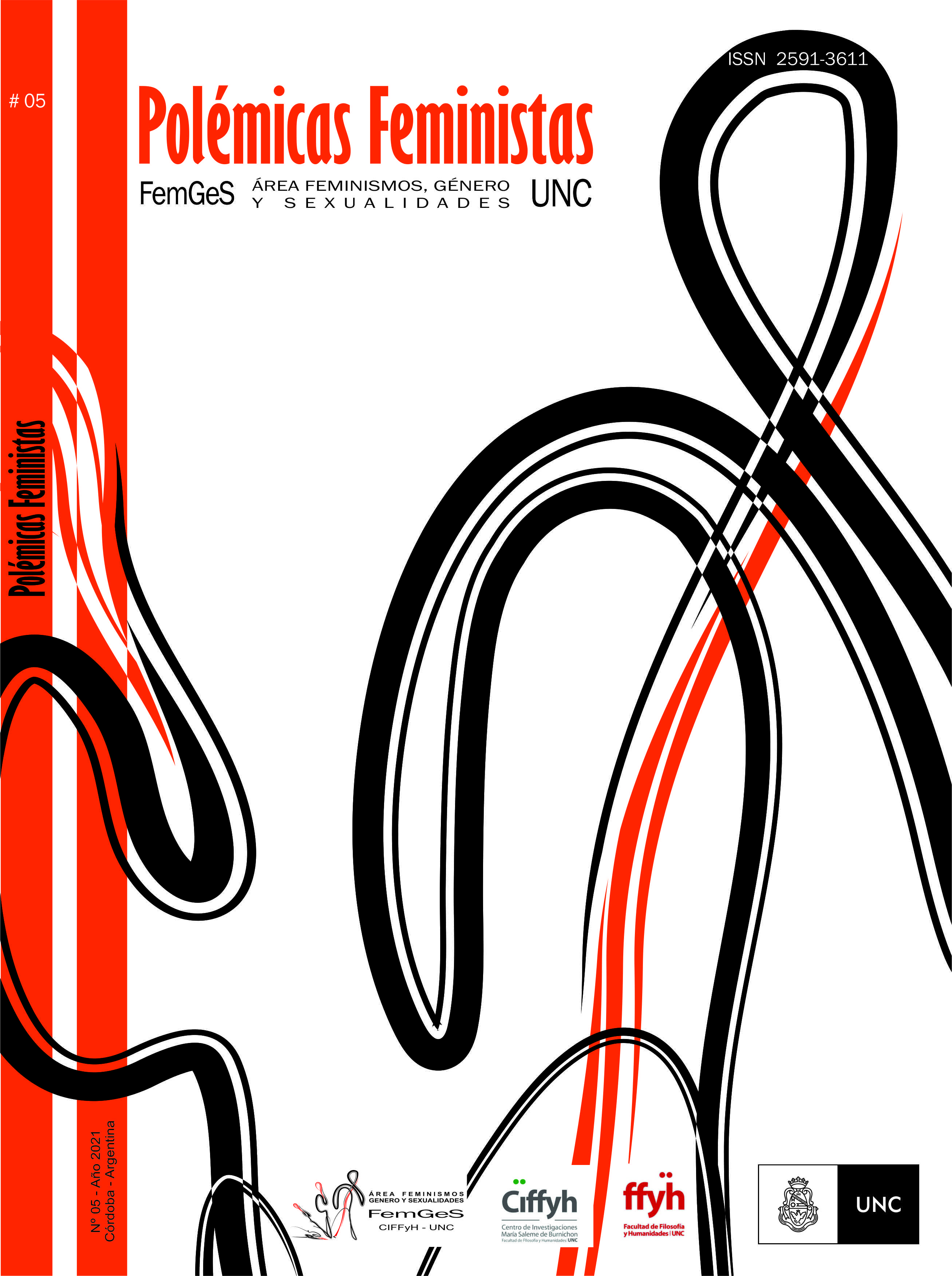Vol. 5 (2021): Youth and feminisms in Latin America. Challenges, transformations and new imaginaries

In recent years, feminist, women's and dissidence movements have acquired an undeniable generational mark. The "revolution of the daughters", the "youth spring", "the granddaughters of the witches", are metaphors used in Argentina to reflect the protagonism of young people, mostly women, in feminism. This emergence of young people is taking place against a backdrop of renewed neoliberal policies, the (re)emergence of conservative, violent and discriminatory discourses, and practices of regulation and control of bodies that deny access to rights, in a complex capitalist, racist and heteropatriarchal framework. A significant milestone that motivated many young people to approach feminism was the first public demonstration Ni Una Menos, which, from the first call in June 2015, was configured as a field of articulation of collectives (and collectives), demands, slogans and at the same time as a space for participation and reference. This youthfulness contributed to the massification of the movement that became the green tide in 2018, in the context of the debates and demonstrations for the legalisation of abortion in Argentina, a youthfulness that is part of a broader phenomenon that is spreading throughout different countries in Latin America. In this issue of Polémicas Feministas we present six articles that address the complexity of the links between youth and feminisms from different latitudes -Mexico, Colombia and Argentina-, reflecting the territorial particularities in the modalities of participation and expression of young people, the resistances and transformations, the agendas and demands they propose, the intergenerational relations and the impact of technologies on youth participation. The papers received are the product of research: one of them is a literature review and the other five follow an ethnographic methodological approach. The themes of the selected contributions deal with feminist youth activism, cyberfeminisms, youth participation in gender and sexuality issues in school contexts, as well as the epistemological problematisation of the (non) representation of women as political subjects in youth studies.





